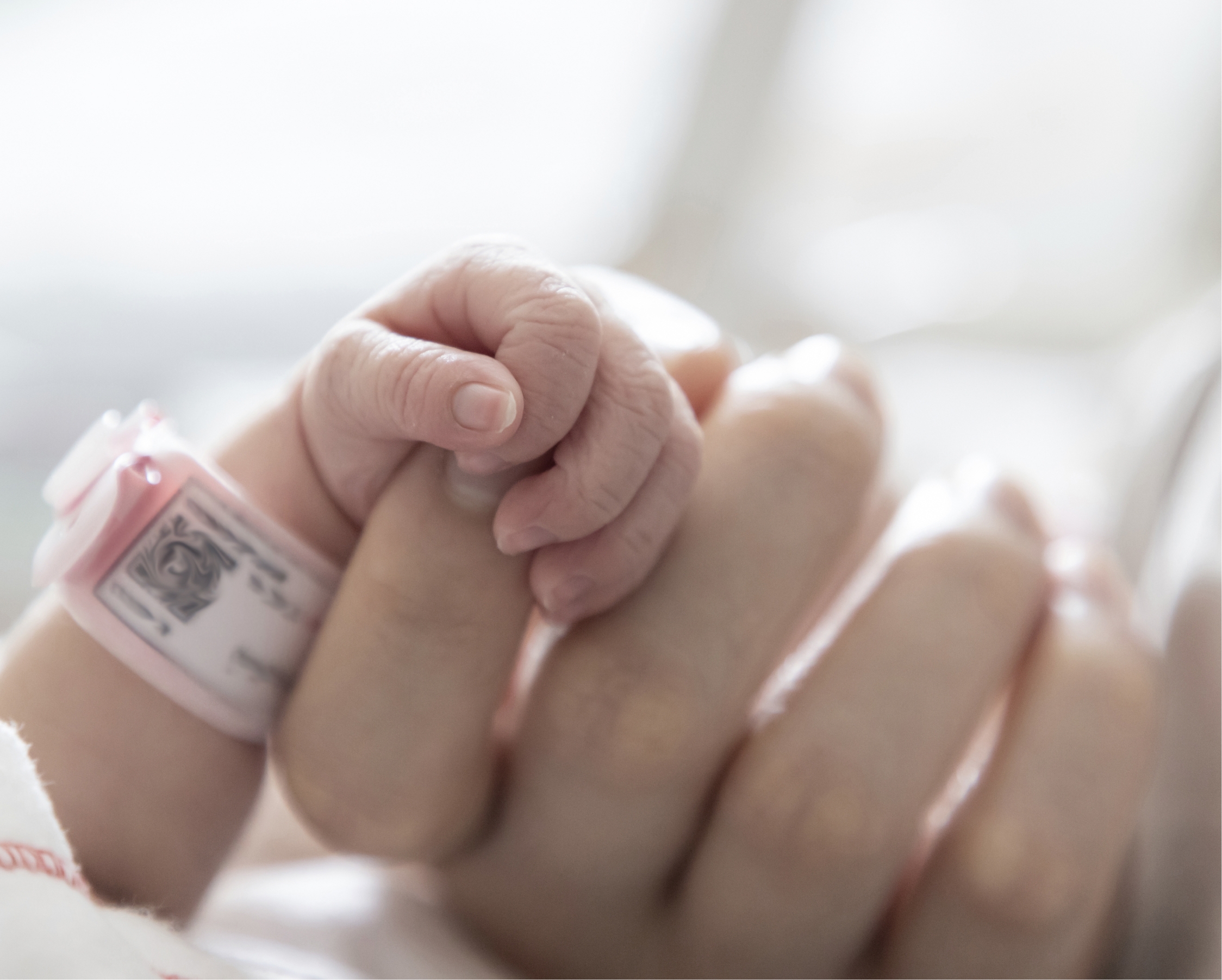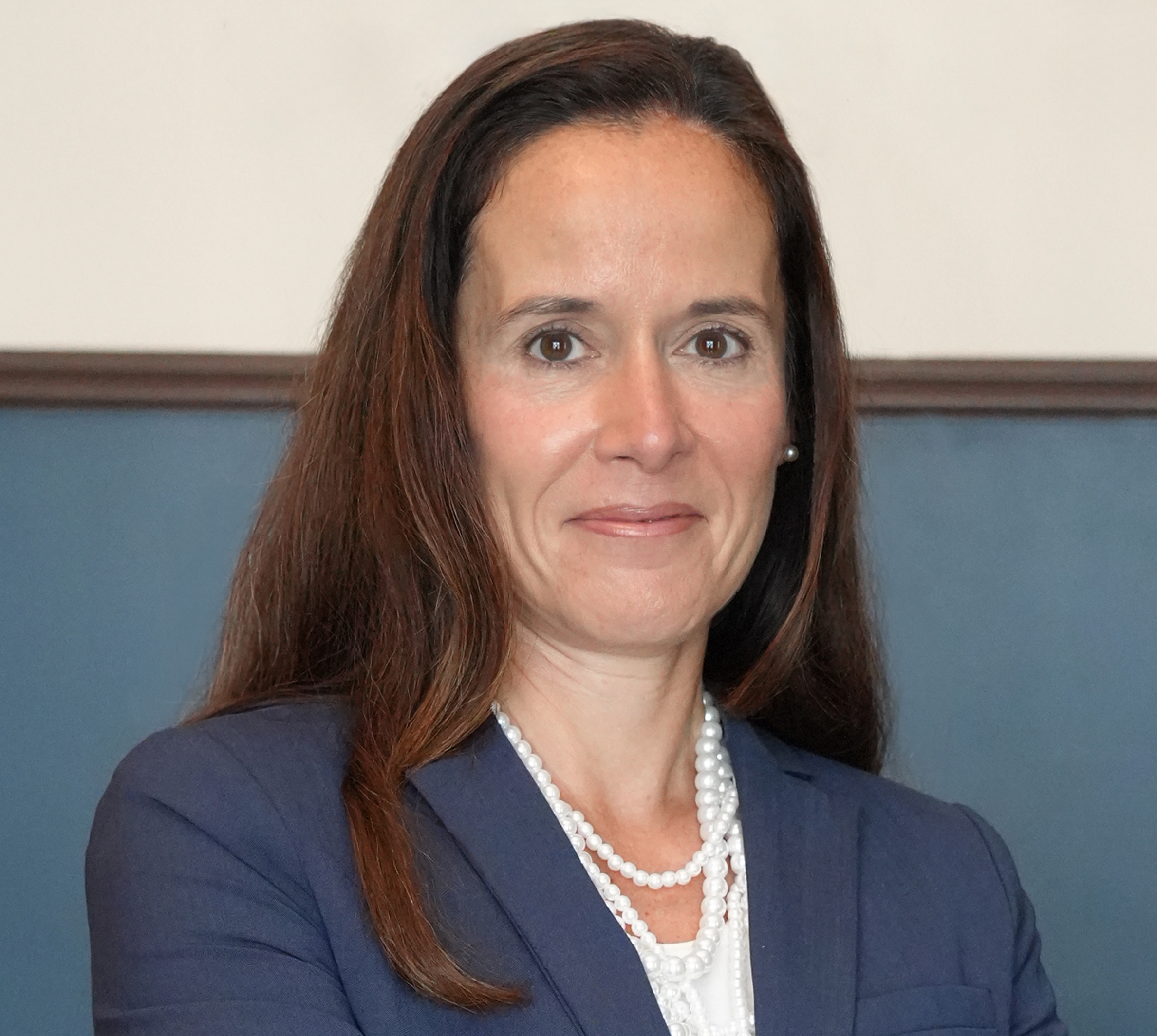New Jersey Medical Malpractice and Catastrophic Injury Attorneys
Where Compassion
and Credentials Collide
Unrivaled Qualifications,
Unmatched Results
$14.5
Million
Product Liability
Product label and product defect of an aluminum youth baseball bat that resulted in brain injury and permanent disability of a 12-year-old boy.$5.1
Million
Medical Malpractice
Surgical error case involving robotic adrenalectomy – doctors punctured the inferior vena cava (IVC) and duodenum causing multiple surgeries, complications, and ultimate death.$3.8
Million
Pediatric Malpractice
Failure to diagnose and timely treat infant respiratory distress in an 18-month-old child resulting in anoxic brain injury and permanent disability.$3.5
Million
Medical Malpractice
Failure to advise or conduct genetic testing, leading to late-stage diagnosis of ovarian cancer and death for a 42-year-old woman.Welcome to Fronzuto Law Group
Informed • Supported • Engaged • Counseled
Fronzuto Law Group specializes in medical malpractice and serious personal injury cases across New Jersey and New York. Led by Certified Civil Trial Attorney Ernest P. Fronzuto, our attorneys combine meticulous preparation, strong courtroom skills, and compassionate client service.
We handle complex cases involving surgical errors, misdiagnosis, birth injuries, pediatric malpractice, and defective products. Our deep experience allows us to effectively challenge hospitals and insurance companies, ensuring clients receive fair compensation.
If you or a loved one has suffered harm from negligence, our dedicated attorneys are here to help you seek justice and rebuild your life.
Get the Hands-On Legal Counsel You Need
Real Clients. Real Reviews.
"Ernie Fronzuto is a talented and experienced attorney. He sincerely cares about the best interests of his clients. He worked hard on every detail of our complex malpractice case and was skillfully prepared when it went to trial. He advised us well through every step of the process. We were awarded a substantial jury verdict, and I’m so grateful we chose him!" — Robin
Meet The Team Behind You.
The dedicated legal team at Fronzuto Law Group has been advocating for victims of medical malpractice, pediatric malpractice, product liability, and catastrophic injury in New Jersey, New York and beyond since 2006—delivering the results our clients need to move forward after life-altering events for nearly two decades.
Fighting for Fair Compensation After Medical Negligence
Experiencing an injury or illness due to medical malpractice is a devastating event that can profoundly impact a patient’s life. You trust medical professionals to provide safe and effective care, but when doctors, nurses, hospitals, or other healthcare providers act negligently, the consequences can be severe. Medical errors can lead to serious harm, permanent disabilities, or even wrongful death. Fortunately, there are laws designed to protect patients, ensuring negligent medical providers can be held accountable.
Medical malpractice can encompass various negligent acts, including but not limited to:
- Misdiagnosis or delayed diagnosis
- Surgical errors
- Anesthesia errors
- Birth injuries
- Pediatric malpractice
- Medication and pharmacy errors
- Failure to obtain informed consent
- Hospital-acquired infections
- Emergency room errors
- Radiology and laboratory mistakes
- Nursing negligence
- Improper treatment of medical conditions
Handling a medical malpractice claim without an experienced attorney can be extremely challenging. Patients often face overwhelming pressure and confusion, which may cause them to accept settlement offers far below the actual value of their claim. Many victims do not realize they may be entitled to significantly more compensation than insurance companies initially offer. Medical malpractice frequently leads to substantial financial hardships due to extensive medical bills, lost income from missed work, rehabilitation costs, and ongoing care.
Not all victims can simply resume their lives following a medical error. Injuries caused by medical malpractice can include organ damage, severe infections, brain injuries, nerve damage, birth trauma such as cerebral palsy, paralysis, chronic pain, or psychological harm such as PTSD. Such injuries often require specialized medical care, long-term therapy, costly medications, and even lifelong support.
You might wonder how you will afford medical expenses, who will compensate you for your lost wages, or how you can navigate life-altering injuries. The effects of medical malpractice can emerge immediately or become evident weeks, months, or even years later, complicating your situation further. This is exactly why you need a dedicated medical malpractice attorney on your side. At Fronzuto Law Group, we understand the complexities of malpractice law and know how to leverage our experience to advocate fiercely for your rights and interests.
While you focus on your recovery and rebuilding your life, our attorneys will diligently handle every aspect of your legal claim. We can identify all liable parties and file lawsuits against negligent medical professionals, hospitals, or healthcare entities. We’re prepared to skillfully negotiate with insurers to maximize your compensation or, if needed, to fight for you in court with the skills of a Certified Civil Trial Attorney. By securing coverage for current and future medical expenses, lost earnings, and emotional suffering, we can protect your financial stability and provide the resources you need to face life after a medical error.
If you or a loved one has experienced harm due to medical malpractice or suffered a personal injury caused by negligence, it's crucial to act quickly. Contact Fronzuto Law Group today. The sooner you reach out, the sooner our attorneys can begin pursuing the justice and compensation you deserve.
Blogs & Articles
Could It Be Malpractice? 7 Pediatric Red Flags NJ Parents Shouldn’t Ignore
When your child is unwell, you depend on pediatricians and healthcare professionals to listen carefully, investigate thoroughly, and provide the right care at the right time. But what happens when something goes wrong? What if symptoms are brushed off or serious conditions are missed? At Fronzuto Law Group, founding attorney Ernest P. Fronzuto, Esq. has spent decades representing New Jersey families whose children have suffered life-altering harm due to pediatric malpractice. With a focused practice...
Doctors Waited Too Long? NJ Birth Injury Lawsuits Explained
When you’re giving birth, every second counts. Labor and delivery require constant vigilance, sound judgment, and—when things start to go wrong—swift medical action. A delay in making the right call, whether it’s ordering a C-section or responding to signs of fetal distress, can mean the difference between a healthy birth and a lifelong injury. At Fronzuto Law Group, Ernest P. Fronzuto, Esq. and his team have spent decades helping New Jersey families pursue answers and...
NJ Parents: What If a Doctor Missed a Serious Condition?
When your child is sick, you rely on doctors to listen, investigate symptoms, and take action. But what happens when they don’t? What if your concerns were dismissed, symptoms were misread, or a diagnosis came too late—after your child’s condition worsened or became life-threatening? At Fronzuto Law Group, Ernest P. Fronzuto, Esq. and his team have spent decades standing up for New Jersey families in exactly these types of situations. With a deep focus on...















